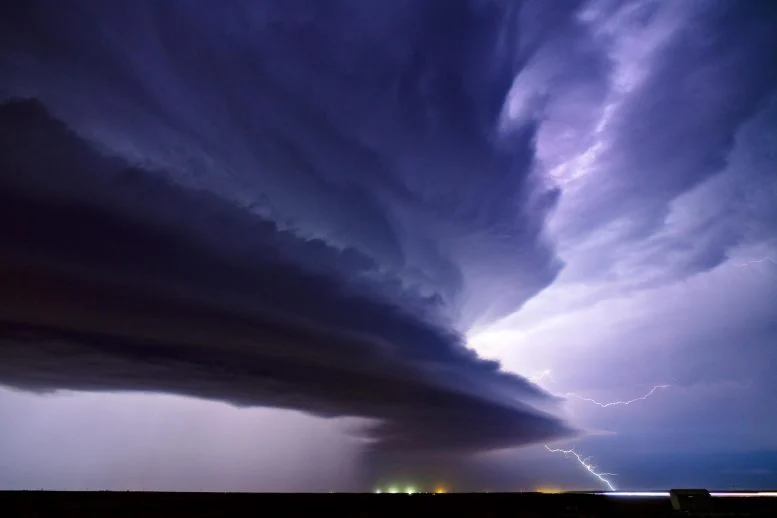Storm Ciaran caused boiling water in southern Britain to drop to 98C, affecting the quality of tea for 20 million people, according to research from the University of Reading. Britain prepare for a deep depression: storms ruin tea. Storm Ciaran cut an invisible path of chaos across southern Britain last autumn, ruining the chance of 20 million people getting a cup of tea for breakfast, new research suggests.
Meteorologists at the University of Reading found that the storm’s record low pressure meant that the boiling temperature of water was below the critical 100 degrees Celsius needed for a good cup. In a recent study published in the journal Weather, scientists reported that water in Reading boiled at just 98°C.
During the storm on the morning of November 2, study co-author Caleb Miller, a doctoral student, quickly set up equipment in the Meteorology Department labs to accurately measure the boiling point of water.
Caleb Miller said: “Storm Ciaran has brought attention to the wind and rain that is battering Britain outside. As an experimentalist, I took the opportunity to make some measurements of the properties of boiling water at low atmospheric pressure.”
Co-author Dr Alec Bennett said: “The effect of pressure on boiling point has long been known by mountain climbers, but Ciaran extended this effect to a wider area.”
Under pressure
The researchers conducted controlled experiments using sensitive temperature sensors and a standard electric kettle. They compared the results with previous boiling points observed under different air pressure conditions using the same device. Together, these experiments showed a clear relationship between air pressure and boiling point.
To investigate the storm’s wider regional impact on boiling points, the researchers combined weather data from multiple sources, including pressure readings from the University of Reading’s Atmospheric Observatory and data from roadside weather stations in southern England. This helped them track how the storm was moving through the region during breakfast.
They found that low pressure moved northeast across the region in the early morning hours, typically around breakfast time.
At the height of Storm Ciaran’s impact, the boiling point of water in some areas dropped to just above 98°C, around 2°C below normal conditions. Tea experts consider the ideal brewing temperature to be between 98°C and 100°C. Water below this range will not extract the full flavour from the tea leaves.
Lead author of the paper, Professor Giles Harrison, said: “Like many Brits, I need my morning tea. While I knew that the boiling point of water depends on atmospheric pressure, I didn’t expect the storm to push the boiling point out of the recommended range for making good tea. The weather may have had a small effect.” Lead author of the paper, Professor Giles Harrison, said: “Like many Brits, I need my morning tea. While I knew that the boiling point of water depends on atmospheric pressure, I didn’t expect the storm to push the boiling point out of the recommended range for making good tea. The weather may have had a small effect.”
The study estimates that around 20 million people in London and south-east England were potentially affected by this phenomenon, which could theoretically have made tea less palatable for a large portion of the UK population that morning.
Source: Port Altele
